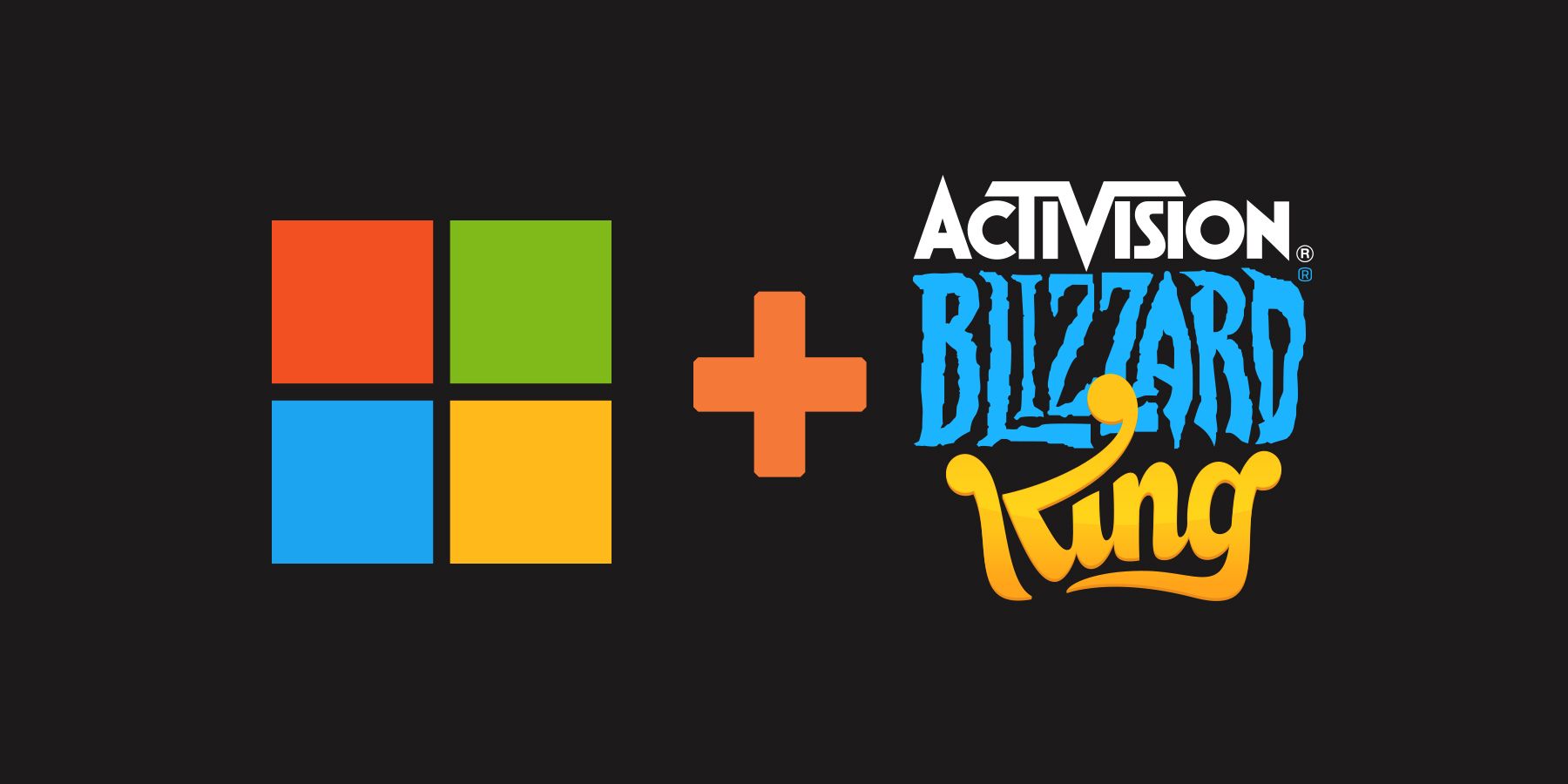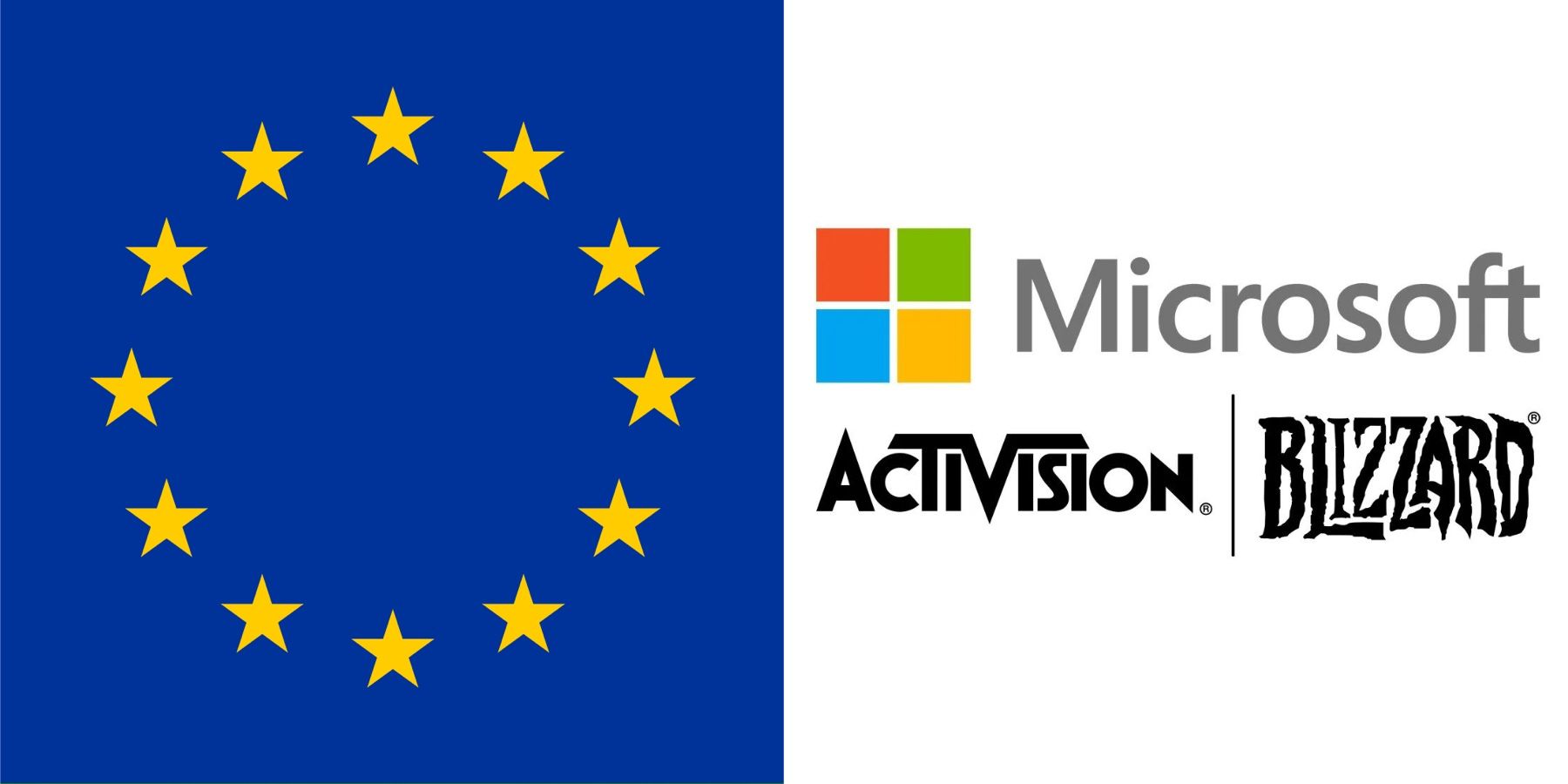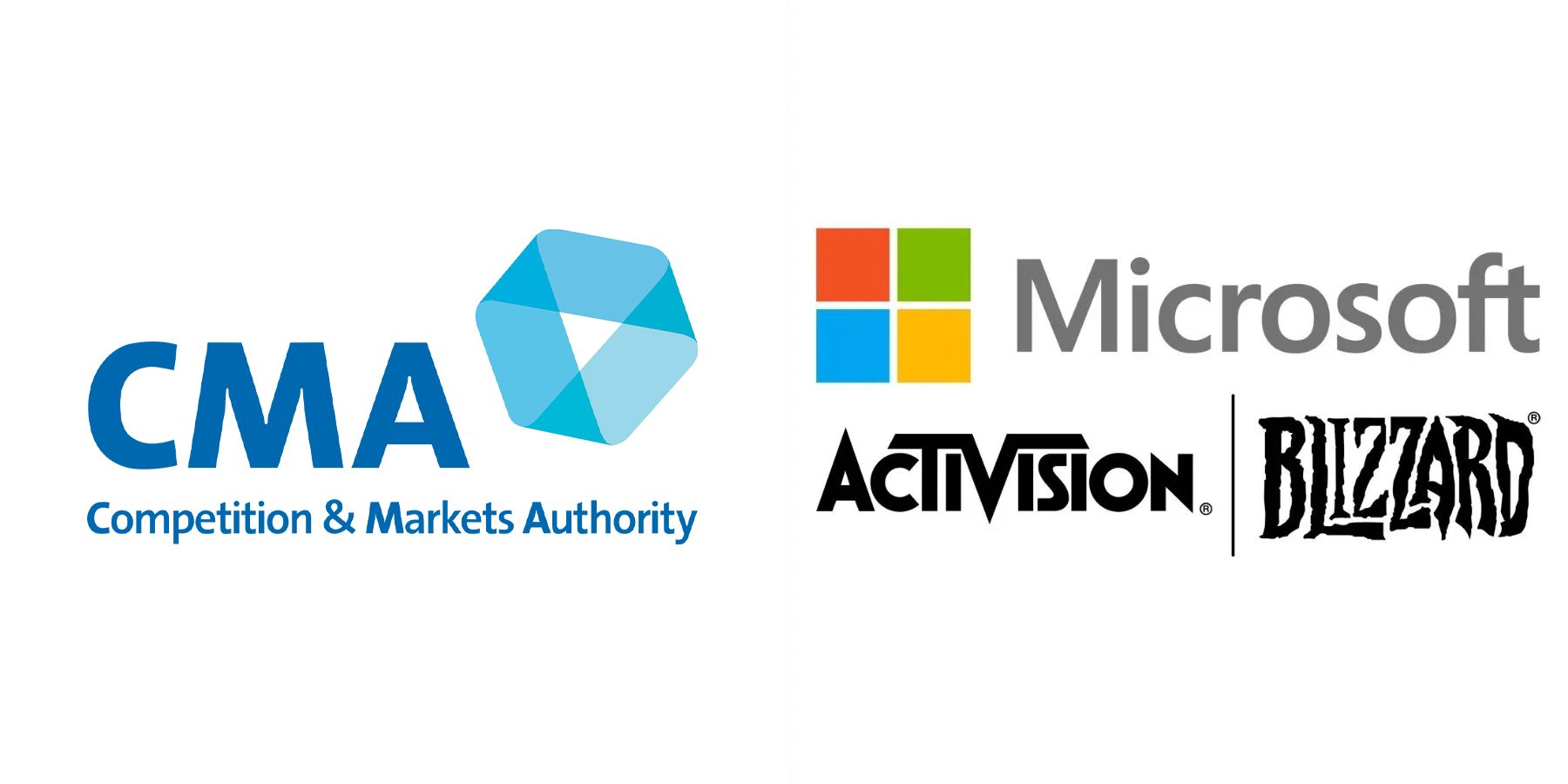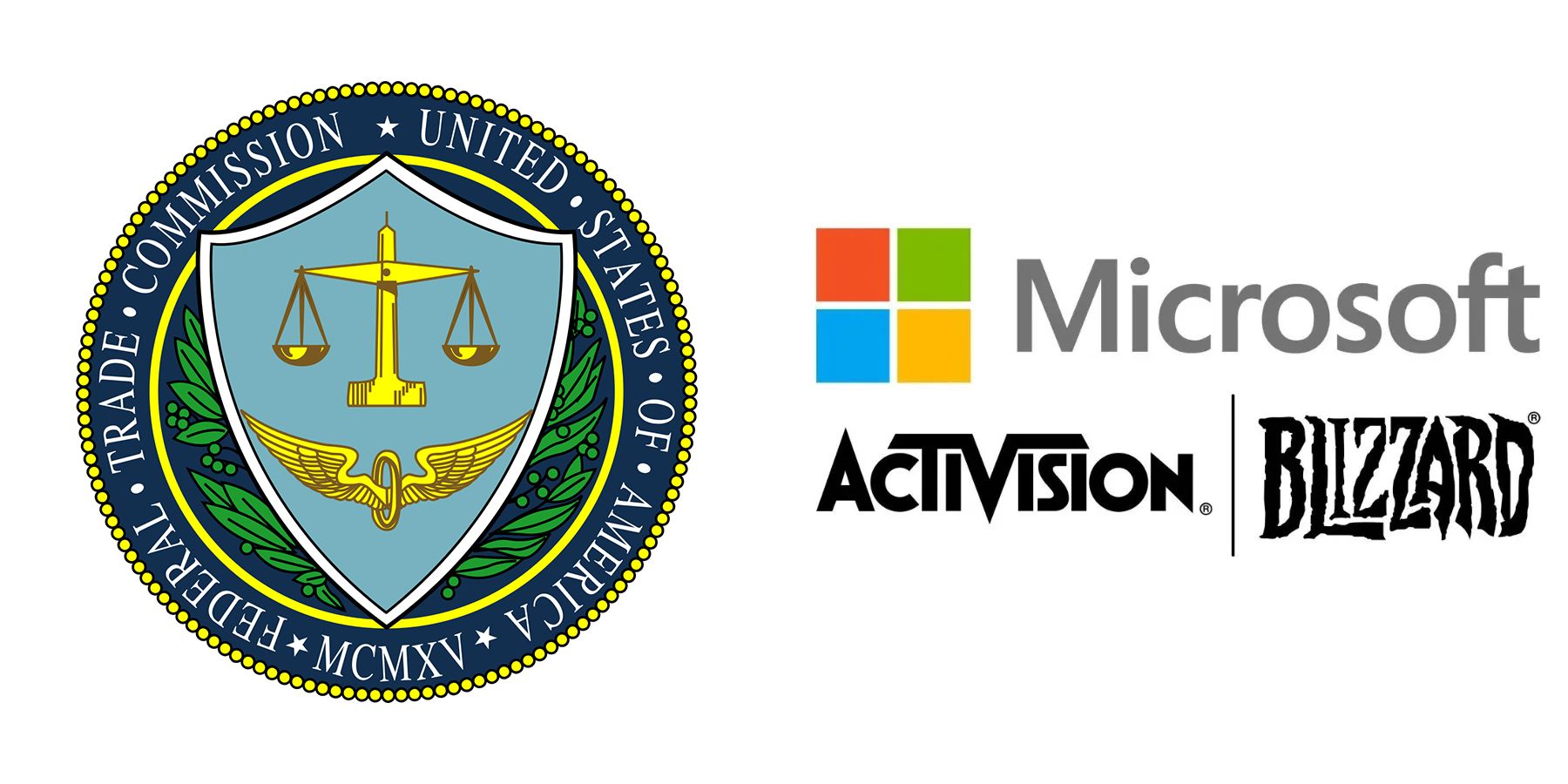Some 15 months after Microsoft announced its intentions to acquire Activision Blizzard, the tech giant's proposal is looking better than ever. That's not to say the $69 billion transaction is already a done deal, but some industry watchers estimate that Microsoft's chances of successfully completing the Activision Blizzard acquisition are strengthening by the day.
This has little to do with the approvals that Microsoft already won in countries like Brazil, Chile, Serbia, and Saudi Arabia, although those certainly don't hurt. Rather, the main source of confidence that Microsoft will manage to merge with the conglomerate behind Call of Duty stems from deal's still-pending regulatory blessings from the European Union, United Kingdom, and the United States. None of those parties have greenlit the consolidation, but as things stand it seems like a matter of time.
EU Unlikely to Oppose Microsoft's Activision Blizzard Acquisition
While the EU outlined some concerns about Microsoft's Activision Blizzard acquisition when it started antitrust investigations into the transaction, the political bloc never formally opposed the deal. The latest deadline attached to the European Commission's decision is May 22, and while there's a chance this date gets kicked back a third time, the outcome of the probe itself seems certain based on two perspectives.
The first way of interpreting Microsoft's chances of winning Brussels' approval of the deal is based on the company's track record with similar merger and acquisition (M&A) activity. As of early 2023, nine out of 10 acquisitions that Microsoft proposed to the EU have been approved by the political bloc's antitrust authorities. The notable exception came in 2005, when Microsoft and Time Warner made a joint bid for a controlling stake in digital rights management software provider ContentGuard but were beaten to the punch by Thomson Corporation and walked away. Microsoft's M&A record in Europe is pretty impeccable, and strongly suggests that if management pushes a merger proposal in front of Brussels, it's only doing so if it believes that regulatory probes are a formality rather than a roadblock.
Microsoft already presented the EU with a preemptive compromise over its proposed Activision Blizzard acquisition. That turn of events is yet another indication that the European Commission will rule in favor of the transaction, although the contents of the compromise have not yet been made public.
UK Softened its Concerns about Activision Blizzard Joining Xbox Game Studios
The UK's Competition and Markets Authority (CMA) has so far proven to be less receptive of the $69 billion deal. Over the last year, the CMA outlined several major concerns about the consolidation. The only problem is that most of its reasoning doesn't pass the eye test, so to speak; some of the most high-profile anti-acquisition arguments that London made to date are either naive or misrepresent the deal, as is the case with the CMA's claim that withholding Call of Duty from PlayStation would make Microsoft money in the immediate term. The math behind that claim uses a financial model that considers one year of potential losses against half a decade's worth of prospective gains.
Another one of the CMA's widely reported concerns about the deal revolves around its initial acceptance of Sony's argument that buying Activision Blizzard would incentivize Microsoft to sabotage future Call of Duty games on PlayStation systems. However, that claim also doesn't hold water given feature parity agreements between developers and platform holders have been around for decades.
The most reasonable antitrust argument that London made takes aim at the cloud gaming advantages that Microsoft would gain from the Activision Blizzard acquisition, which also includes Candy Crush developer King. That is presumably why Microsoft responded with a swath of decade-long agreements to bring Xbox games to cloud streaming platforms such as Nvidia's GeForce Now, Boosteroid, and Ubitus. Off of all these counter-arguments, the CMA recently softened its concerns about Microsoft's Activision Blizzard takeover.
US Not Playing Favorites with Microsoft, But FTC Not Likely to Win its Antitrust Lawsuit
The home country of both parties certainly isn't playing any favorites, as evidenced by the fact that the Federal Trade Commission (FTC) sued to block Microsoft' Activision Blizzard acquisition on antitrust grounds in December 2022. The agency's original complaint alleges that buying the group behind Call of Duty and World of Warcraft would provide Xbox Game Studios with too much power in the growing cloud gaming and subscription businesses.
According to Microsoft and Xbox-affiliated experts, Sony's attempts to throw shade at the transaction skewed the FTC's view of the situation more than it influenced the CMA's ongoing probe. Whether that's actually the case might be up for debate, but some have claimed Sony "lost control" in opposing Microsoft's Activision Blizzard takeover, as public discourse in the US and abroad has shifted to the subject of remedies rather than blocking the deal itself.
Taken together, it's clear why Microsoft remains convinced it will complete the acquisition by mid-2023, a target it has repeatedly reiterated to shareholders. Speaking of investors, the public appears reasonably convinced that the consolidation will go through as well given Activision Blizzard stock closed at around $85 on March 27 - just 10-percent below Microsoft's all-cash offer of $95 per-share. Some industry watchers agree with that sentiment, as evidenced by the fact that Wedbush analysts claimed Microsoft's Activision Blizzard acquisition is only a matter of time in early February.




